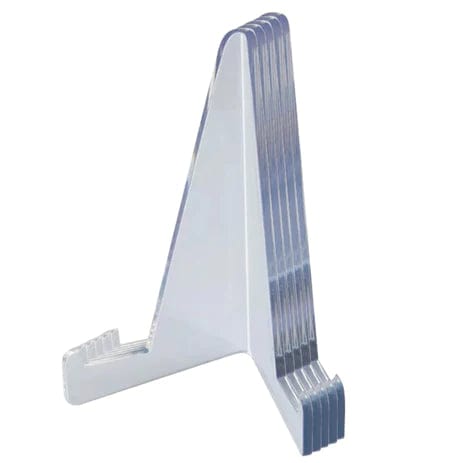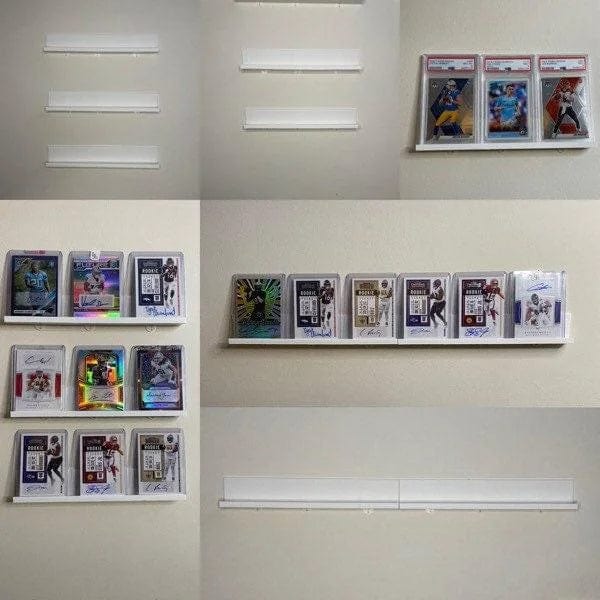Shill bidding has been heavily debated in the US hobby since Super Collector Patrick Ryan accidentally bid on his own item. The item was listed on Fanatics via the consignor Acquir, and Ryan didn't realise it was his own card he was actually bidding on.
In the past couple of weeks, there have been countless hours of content made on the subject, with even some of the hobby’s biggest podcasts, such as Sports Cards Nonsense, dedicating some serious air time to the subject.
The matter came to light when he shared a screenshot of the auction of his 1986 Fleer Michael Jordan Autographed Sticker, and an eagle-eyed follower noticed it said that he was outbid on the item. Since then, Shill bidding has been heavily discussed, from the ethics of it to different types of shill bidding, such as defensive shill bidding.
The hobby is massively divided, with some seeing it as protection similar to a reserve, and others see it as market manipulation and fraud. The practice has always been known, but how does it work, and can it be stopped?
What is shill bidding?
Shill bidding is when someone secretly places fake bids on an item (usually on sites like eBay) just to make the price go higher — not because they actually want to buy it. For example, imagine you’re selling a rare Pokémon card on eBay for $50. You want it to sell for more, so you ask your friend (or use another account) to “bid” $60, then $70, to make it look like more people want it. It is also used to make sure a card is not sold for less than what the owner values it at.
With the trading card hobby booming, there is huge money to be made from selling cards. It has resulted in a percentage of sellers using shill bidding tactics to increase the value of card sales. A high percentage of sellers understand that the practice of manipulating the market into selling a card for a higher price is wrong and illegal.
However, some believe the tactic of defensive shill bidding is acceptable. Defensive shill bidding is where the seller bids or gets a friend to bid on the card being sold, lifting it to a value they are comfortable with, or where they are happy to pay the selling fees and keep the card, with it not hitting the price they wanted. Major names in the hobby, such as Dr. James Beckett and Patrick Ryan from The PRyan Collection, believe there is a place for defensive shill bidding. What do you think?
Is Shill bidding Illegal?
Yes, shill bidding is illegal in the UK, as it is considered a form of fraud and a breach of consumer protection laws. In the US, it is illegal in most states, and when legal, there’s usually implications, such as the auction house have to disclose it, or they can only bid up to the reserve price.
The main thing that would need to be proven would be the intent, which is where it becomes difficult.
Can shill bidding be stopped?
This is the real question that everyone ultimately gets to. The major auction houses each have their own way of trying to clamp down, and with AI becoming more prominent in technology, it seems like there will be ways to reduce shill bidding, but though it does have a feel of cat and mouse with buyers finding new ways to duck the protocols in place.














